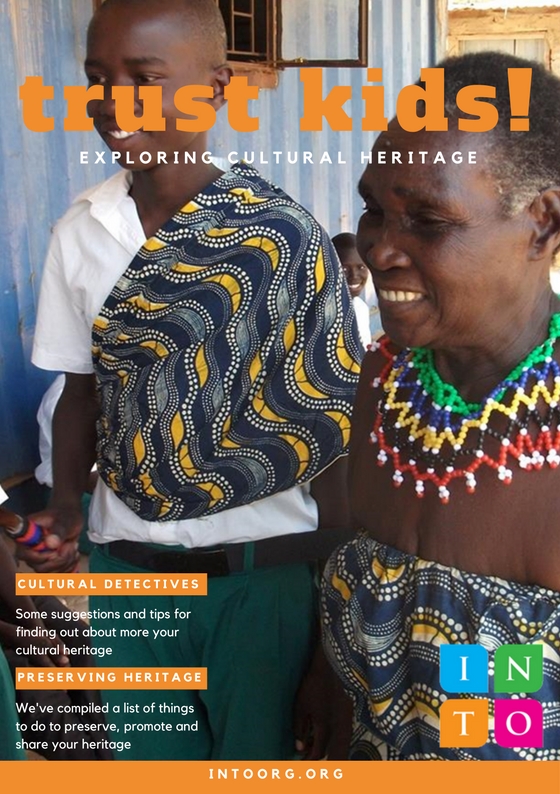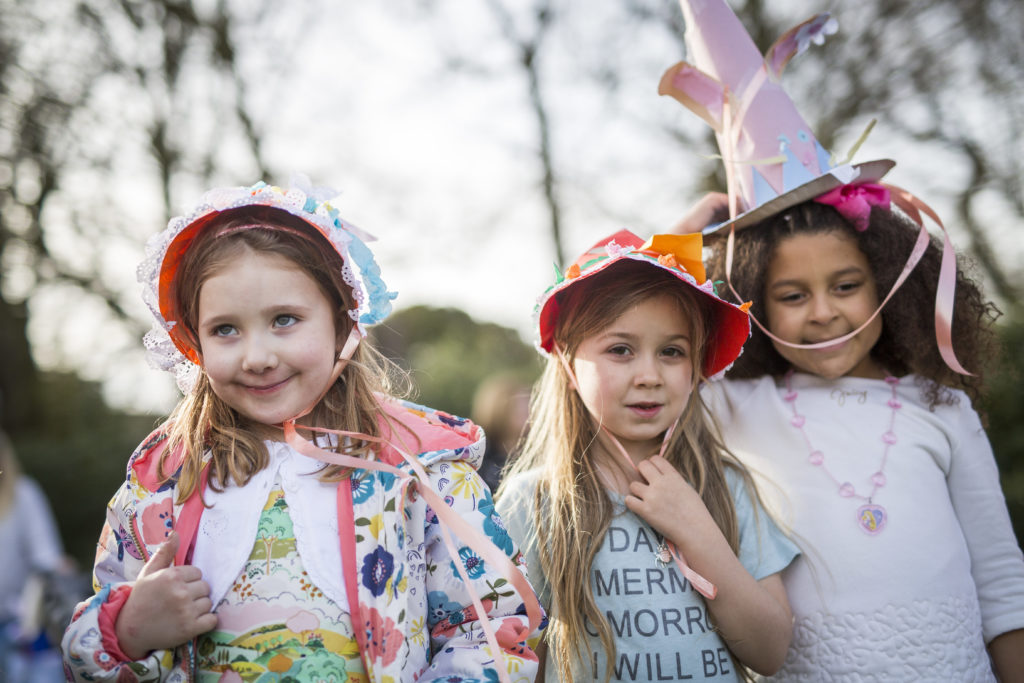-
INTO launches new ‘Trust Kids’ resource
Posted on November 27, 2017On 18 April 2017 the International National Trusts Organisation (INTO) launched a new resource, ‘Trust Kids!’. A list of 25 things young people can do to explore, celebrate, preserve and share their cultural heritage
In her annual World Heritage Day Lecture, Dame Fiona Reynolds, Chairman of INTO, warns that our intangible cultural heritage is under threat and that we must do all we can to encourage the next generation to protect, promote and pass it on.
 World Heritage Day aims to raise public awareness about the diversity and vulnerability of the world’s built monuments and heritage sites and the efforts required to protect and conserve them. INTO’s 70 member organisations are dedicated to promoting the conservation and enhancement of the cultural and natural heritage of all nations for the benefit of people all over the world. Last year our State of Global Heritage Report highlighted apathy as a key risk to the future of our global heritage.
World Heritage Day aims to raise public awareness about the diversity and vulnerability of the world’s built monuments and heritage sites and the efforts required to protect and conserve them. INTO’s 70 member organisations are dedicated to promoting the conservation and enhancement of the cultural and natural heritage of all nations for the benefit of people all over the world. Last year our State of Global Heritage Report highlighted apathy as a key risk to the future of our global heritage.Dame Fiona spoke about the importance of helping young people, living in an increasingly uncertain world, to embrace the future more positively and confidently by sharing the strengths of their cultural identity.
‘Trust Kids!’ is a list of 25 things young people can do to explore, celebrate, preserve and share their cultural heritage. From drawing your family tree to finding out how your town got its name; from learning a traditional dance to preparing a regional dish; discovering a local custom to interviewing an elder about community traditions, there are some great ideas for exploring heritage, learning new skills and trying new things.
“The conservation of intangible heritage is no longer a fringe activity – it is a necessity. Preserving intangible heritage requires different measures to the ones used for conserving monuments and sites – it needs to be kept alive and relevant. It must be regularly practised and learned within communities and between generations. That is why engaging young people is essential to its survival.”
The education resource aims to grow young people’s appreciation for their traditions and living culture, building greater solidarity and cultural respect, and increasing resilience in response to the threats to intangible heritage.
“Identity helps us to belong, to feel safe and to feel proud. Learning about our own identity will help us to better respect and tolerate each other. Cultural identity refers to the manner in which we express our uniqueness. This may be through the way we look or dress, the language we speak, the food we eat and other forms of expression. Identity is also expressed through values – what we consider as individuals, families or communities as positive.” (Trust Kids! 2017)
Dame Fiona spoke about the dangers to the survival of distinctive cultural expressions (dance, costume, music, poetry, storytelling, traditional games and handicrafts) posed by globalisation, social change, migration, apathy and manipulation and the work that the world’s biggest and broadest heritage group is doing to save it.
“In a world of increasing globalisation, intolerance and fake news, we can encourage young people to develop their own sense of cultural identity, based on the best bits of their heritage. Our ‘Trust Kids!’ network will also build greater solidarity and cultural respect amongst young people, wherever they call home.”
Dame Fiona also called on governments, including here in Britain, to ratify the 2003 UNESCO Convention for the Safeguarding of Intangible Cultural Heritage.
Find out more about ‘Trust Kids!’ on the INTO website https://ccanadaht1.com/trust-kids
You can read Fiona Reynolds’ full World Heritage Day Speech here or a summary here. There is also a podcast.

Children taking part in an Easter bonnet parade at Speke Hall, Liverpool ©National Trust Images/Rob Stothard

 44 (0)20 7824 7157
44 (0)20 7824 7157